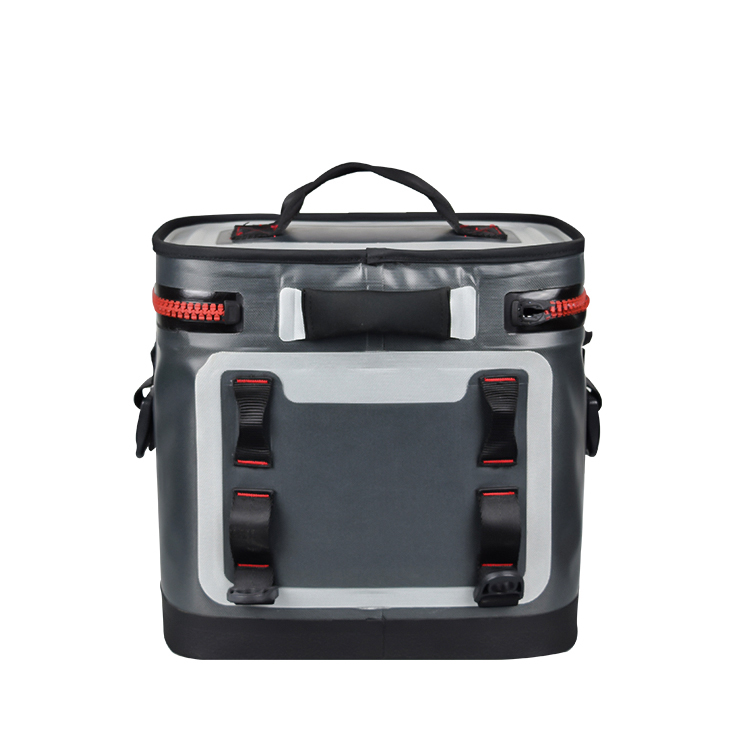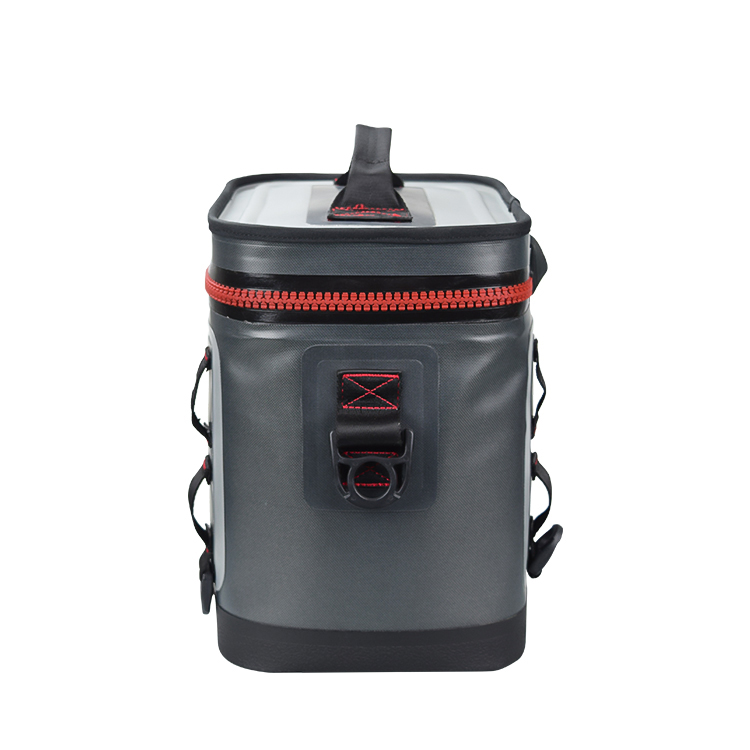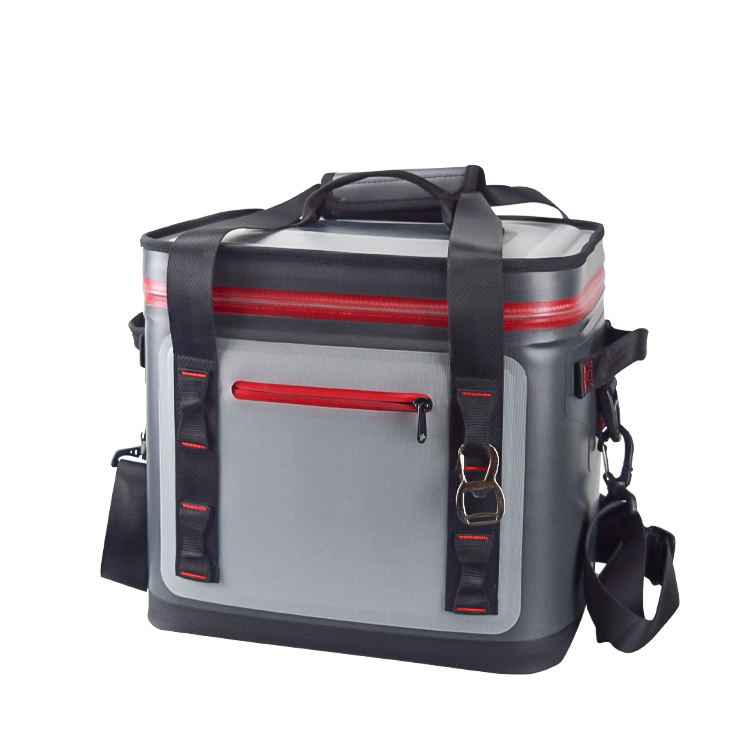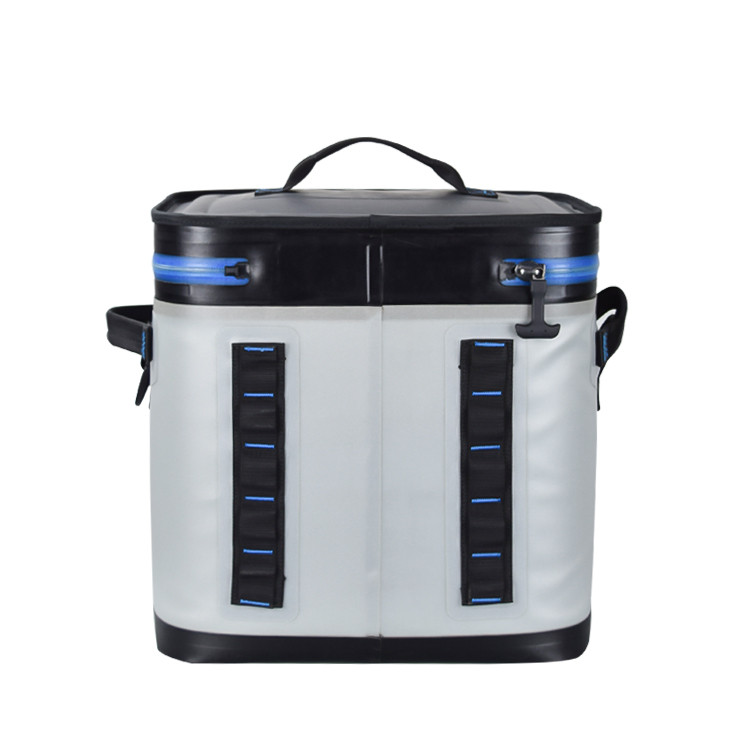When it comes to keeping your food and drinks cool during outdoor adventures, picnics, or even just a day at the park, the type of cooler you choose can make all the difference. Soft coolers have become increasingly popular over the years due to their versatility, portability, and user-friendly design. But like any product, they come with both advantages and disadvantages. This article will explore the pros and cons of soft coolers and discuss how SIBO, a leading manufacturer of high-quality coolers, is driving innovation in this segment. We’ll also take a look at some recent industry news and trends that are shaping the future of the cooler market.

Advantages of Soft Coolers
Soft coolers offer a range of benefits that make them a preferred choice for many consumers. Here are some of the key advantages:
- Portability and Lightweight Design
One of the main reasons people opt for soft coolers is their portability. Soft coolers are generally lighter and easier to carry compared to traditional hard coolers. This makes them ideal for situations where you need to transport food and drinks over longer distances or where space is limited. Most soft coolers come with comfortable shoulder straps, handles, or even backpack-style designs, allowing users to carry them hands-free.
- Flexibility and Storage
Soft coolers are designed with flexibility in mind. Unlike hard coolers that are bulky and rigid, soft coolers can be compressed or folded down when not in use, making them easy to store in tight spaces. This is especially useful for people living in apartments or for those who have limited storage capacity in their vehicles. Their flexibility also allows them to fit into cramped spaces, such as car trunks or boat storage compartments.
- Versatility of Use
Soft coolers can be used for a variety of activities beyond just keeping food and beverages cool. They are perfect for outdoor activities like hiking, camping, and fishing, but they are also great for tailgating, picnics, and beach trips. With waterproof and durable materials, many soft coolers can even double as dry bags or additional storage for non-perishable items.
- Leak-Proof and Waterproof Options
Many high-quality soft coolers, such as those manufactured by SIBO, are designed to be leak-proof and water-resistant. This feature is especially valuable for outdoor enthusiasts who might need to place their coolers on wet ground or use them in wet environments like boats or beaches. These coolers often come with welded seams and waterproof zippers, ensuring that the contents stay dry and the cooler itself doesn’t leak.
- Comfort and Ergonomics
Soft coolers are often designed with user comfort in mind. Many come with padded straps and ergonomic designs that distribute weight evenly, reducing strain on the shoulders and back. This comfort factor is particularly beneficial when carrying heavy loads for extended periods, such as during long hikes or when navigating crowded events.
- Aesthetics and Customization
Soft coolers tend to have a more modern and stylish appearance compared to hard coolers. They are available in various colors, patterns, and designs, allowing users to choose one that suits their personal style. Some brands even offer customization options, such as adding logos, names, or monograms, making them a popular choice for promotional items or personalized gifts.

Disadvantages of Soft Coolers
While soft coolers have many benefits, there are also some drawbacks to consider. Here are a few disadvantages to keep in mind:
- Limited Insulation and Cooling Duration
One of the main disadvantages of soft coolers is that they generally have less insulation compared to hard coolers. This means that they may not keep contents as cold for as long, especially in extremely hot environments. While high-quality soft coolers, like those from SIBO, use advanced insulation materials to improve cooling performance, they still can’t match the extended cooling times of premium hard coolers.
- Lower Capacity
Soft coolers are typically smaller and have lower capacity compared to hard coolers. While this is part of what makes them portable and convenient, it can be a drawback when you need to store a large number of items. This limited capacity makes them less suitable for large gatherings, extended camping trips, or situations where you need to store multiple days’ worth of food and drinks.
- Less Durable
Although many soft coolers are made with tough, water-resistant fabrics, they are still more prone to damage from sharp objects or rough handling compared to hard coolers. Hard coolers can often withstand more abuse and are better suited for rugged environments or heavy-duty use.
- Not Suitable for Heavy Loads
Soft coolers are designed for lighter loads and may not perform as well when heavily loaded. Carrying large quantities of food or beverages can strain the seams and zippers, potentially reducing the cooler’s lifespan. For transporting heavy items, hard coolers are generally the better option.

Industry News and Trends
The cooler market has been experiencing significant growth and transformation in recent years. According to a recent report by Grand View Research, the global cooler market size is expected to reach USD 1.83 billion by 2027, growing at a CAGR of 6.1% from 2020 to 2027. This growth is driven by the increasing popularity of outdoor activities and the need for convenient, portable cooling solutions.
One of the latest trends in the cooler market is the shift towards eco-friendly and sustainable materials. Manufacturers like SIBO are responding to consumer demand by using recycled materials and adopting environmentally friendly manufacturing processes. This shift not only reduces the environmental impact of cooler production but also appeals to eco-conscious consumers.
Another emerging trend is the integration of smart technology into coolers. Some high-end soft coolers now feature built-in temperature sensors, Bluetooth connectivity, and even solar-powered charging ports. These features provide added convenience and functionality, making coolers more versatile than ever before.

Conclusion
Soft coolers offer a range of advantages, including portability, flexibility, and versatility, making them a popular choice for outdoor enthusiasts and casual users alike. While they may not provide the same level of insulation or durability as hard coolers, they are perfect for day trips, picnics, and short outings. Companies like SIBO are leading the charge in innovation, designing soft coolers that address many of the common drawbacks while meeting the evolving needs of consumers. With the soft cooler market continuing to grow and evolve, these products are poised to remain a staple for those seeking convenient and stylish cooling solutions.
Post time: Oct-09-2024

